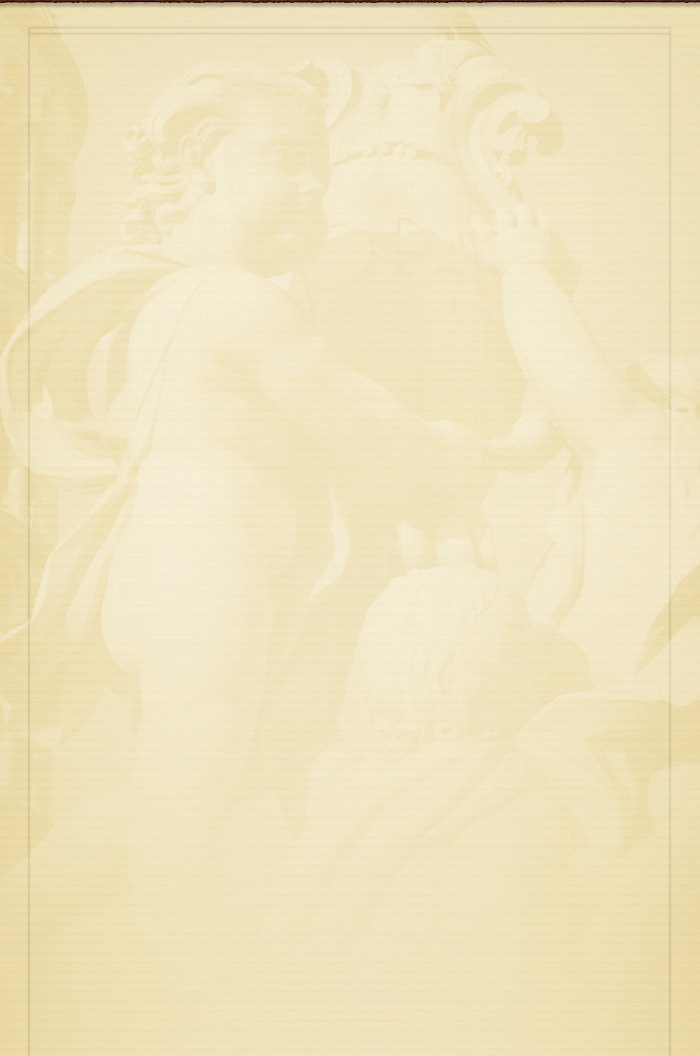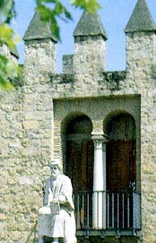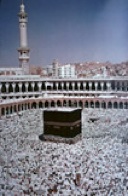Phil 301 Seminar: Averroes
Prof. Richard C. Taylor
Marquette University, Spring 2007
Tuesdays 3:35-6:15, Lalumiere Hall 198
Prof. Richard C. Taylor
Coughlin 238
MAILBOX: Coughlin 132
TEL. 414-288-5649
EMAIL: mistertea@mac.com or Richard.Taylor@Marquette.edu
FAX: 288-3010
OFFICE HRS: Tuesdays 8-10; Thursdays 9:30-10:30 & by appointment
I. Course Description:
In 12th century Andalusia Ibn Rushd / Averroes initiated an attempt to return to the genuine philosophy of Aristotle which sought to exclude accretions and interpretations in the Arabic tradition dependent on theological and Neoplatonic or Platonic ‘pollutions’. In his dialectical works on theological matters he sought to show the value and compatibility of Aristotelian thought with the Islamic tradition. In his philosophical works, he unabashedly claimed demonstrative Aristotelian rationalism as the primary locus of truth. Through his translated Long Commentaries on works of Aristotle, Averroes came to be arguably the major interpretive conduit by which the Latin West understood Aristotle. In this way his writings introduced independent human reason as the major rival to the Augustinian view of the primacy of faith as a prerequisite to understanding, thereby prompting both positive philosophical developments and harsh reaction in the Latin West. This seminar will present the work of Averroes as a synthetic system of philosophical rationalism, as the culmination of the critical rationalism of the Classical tradition of Arabic philosophy, and as one of the chief stimulants for the development of rationalism in the Latin West of the Middle Ages. Chief issues studied include: faith and reason; theory of knowledge and cognition; metaphysics; nature of God and of God’s relation (if any) to the world; influence of Averroes on major thinkers of the Latin West.







